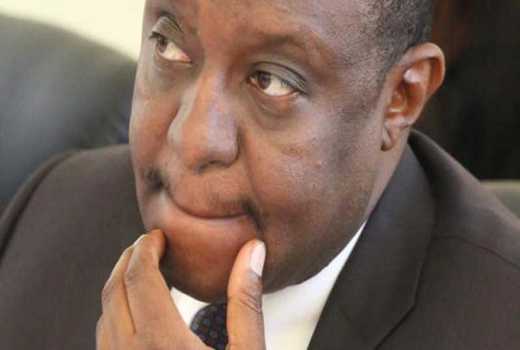×
The Standard e-Paper
Fearless, Trusted News

Kenyans started paying higher mobile money transaction fees following the increase of taxes by government.
The National Treasury in the budget presented this month raised mobile money excise tax from 10 percent to 12 percent.